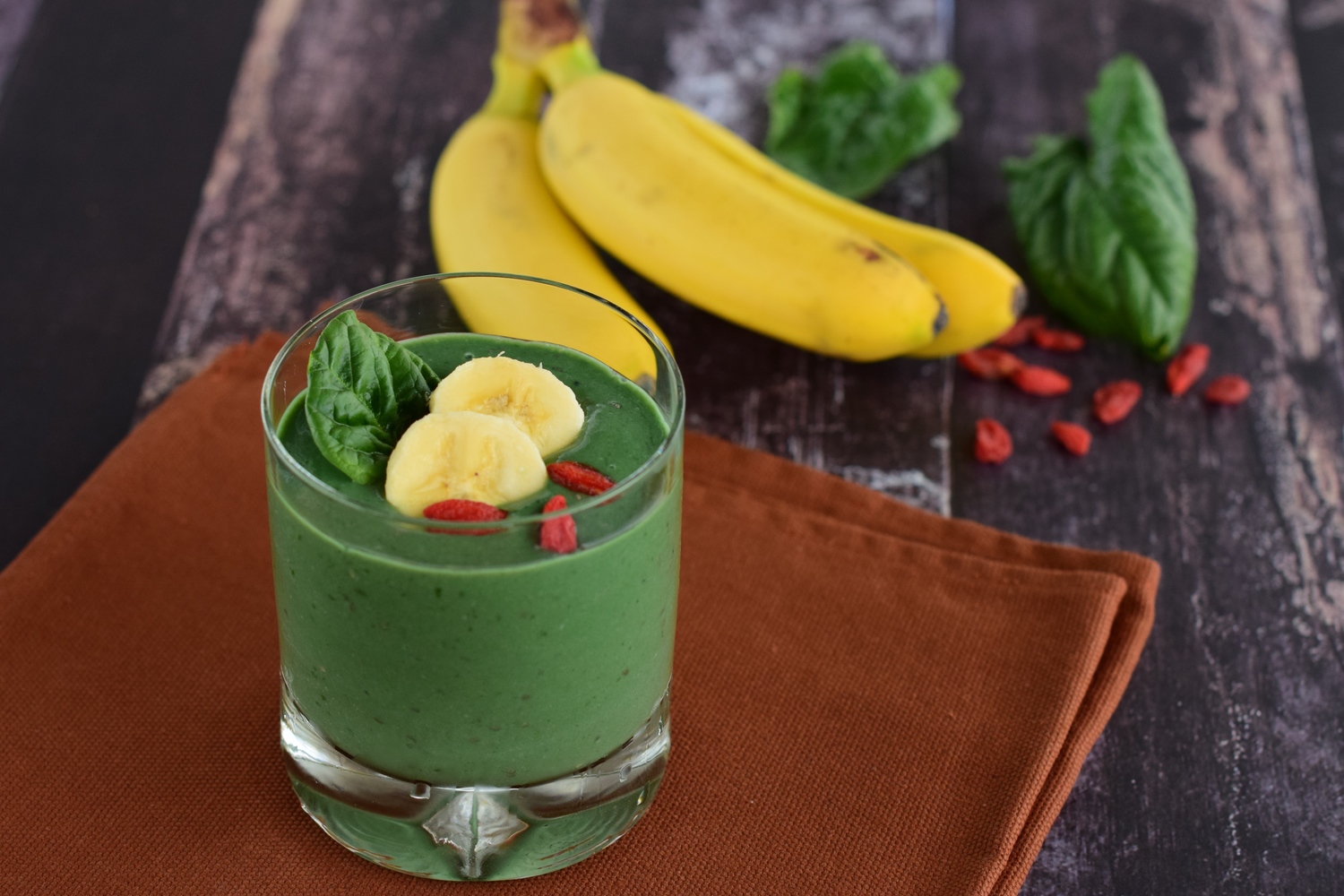
Dietary Tips for Osteoporosis
They say that you are what you eat. While that can be argued upon, this statement definitely holds true when we are talking about osteoporosis. Osteoporosis is a condition where the bones become brittle and weak because of the higher pace of breakdown when compared to its pace of reconstruction. When an individual is diagnosed with osteoporosis, there are a variety of factors that affect the condition.
There are certainly different food groups and certain nutrients which can be of great help in improving the situation significantly. The different nutrients and food substances that should be added to your diet as part of the lifestyle treatment for osteoporosis are as follows:
- Calcium
Some of the major sources of calcium come from plant-based milk, nonfat milk, low-fat yogurt, salmon, broccoli, tofu, cauliflower, green leafy vegetables, and orange juice that is fortified with calcium. Calcium is one of the most important nutrients, which plays a vital role in the building of bones. Calcium deficiency can also drive the progression of osteoporosis, which is why it is important to include in the diet. For people in the age group of 19 to 50 years, 1,000 milligrams of calcium is the daily required intake. Women above the age of 51 and men above the age of 71 require 1,200 milligrams of calcium intake every day. - Vitamin D
Some of the most common sources of vitamin D include various fortified food substances and sunlight. The vitamin D production in the body reduces with the increase in age. When this happens, individuals should consider supplements to ensure that they receive the required amount of vitamin D that their body needs. - Omega-3 fatty acids
It has recently been found that food substances such as fish oil, flax seeds, etc., that are known to be rich in omega-3 fatty acids can provide the body with a boost required for the reconstruction of the bones. Food substances such as blueberries, olive oil, and soybeans have also been found to be extremely helpful. More concrete research is required to establish a solid connection between these food substances and how they affect osteoporosis. However, the overall benefits provided by these substances are so high that adding them to your diet can be nothing but beneficial. - Magnesium
Over 60% of the magnesium in our body can be found in the bones. Magnesium is responsible for many activities related to the bone. Bone quality is known to be enhanced by the amount of magnesium in our body. Bone mineral density is also improved by this nutrient while the lack of it can affect calcium absorption in the body. The various sources of magnesium are nuts, potatoes, seeds, oats, bran, wheat, and green leafy vegetables like spinach.


